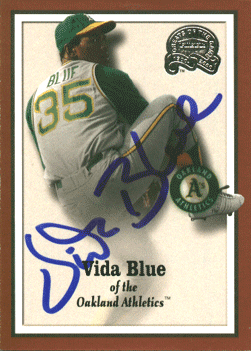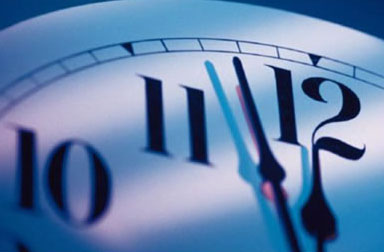Southpaw
 Monday, June 4, 2007 at 10:13AM
Monday, June 4, 2007 at 10:13AM 
Okay.... I am BACK. And I am thinking about baseball again. A few months back I talked about DeLillo's Underworld and the prologue known as Pafko at the Wall. For me, it is the most stunning prologue I have ever read - but I am bias, I love anything DeLillo writes and I love reading about baseball.
The odd thing, I rarely watch baseball anymore. I'll catch a live game once in a while with the local AAA club, but almost never on TV. Reading about baseball in novels is somehow even more riveting than watching a game. A friend remarked recently that it is a tedious game, and I guess it can be. But that's because so much of the tension is buried. To enter into a game you need to know all the back stories, what the pitchers record is versus the batter's percentages; where the team is placed in the standings, and other such stats. But more than that its good to know who's coming out of rehab or who beat up who in a bar fight.
I am thinking about this as I read another great baseball book: The Brothers K by David James Duncan. I used to pitch hardball. I wasn't that good, but I am left handed, so at least that seemed cool. And it's true, most left handed pitchers do have a natural curve ball. I used to watch my curve balls sail over me on their way out of the park. But the cool thing was I was a southpaw, just like Sandy Koufax and Vida Blue - an aside, how cool of a name is that? Now pitching for the Oakland Athletics...VIDA BLUE! (You can hear the echo...blue, blue,blue).
The father in The Brothers K is a southpaw who ends up pitching for the White Sox before his career goes south. I delight in reading the mechanics of fastball pitches, forkballs, sliders, inside brush backs, and throwing junk.
Next time, I'll post an excerpt from some of my baseball fiction.





